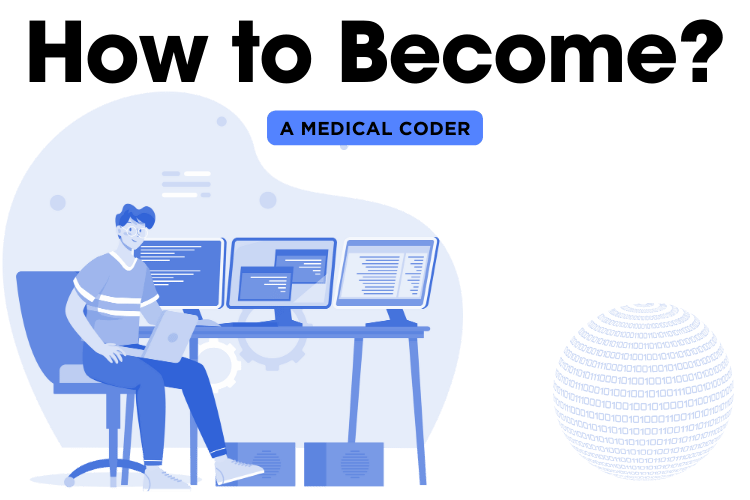
Skills Needed
Accuracy in medical records is crucial. Essential skills include:- Attention to detail
- Time management
- High ethical standards
- Organizational skills
- Patience
- Strong communication skills
- Proficiency with software systems
Summary
Developing and honing these skills is essential for a successful career in medical coding. Each skill plays a vital role in ensuring the accuracy, efficiency, and ethical integrity of the coding process, ultimately contributing to the overall quality of healthcare delivery.
Education Requirements
Previous experience in medical coding is not required, but many certification programs require at least one year of professional work experience. Positions like billing assistant can provide the necessary experience.
Certifications
Medical coding certifications demonstrate proficiency in healthcare coding and billing. Options include general coding certifications or specialty coding certifications. Accredited programs are offered by the Practice Management Institute (PMI), American Health Information Management Association (AHIMA), and American Academy of Professional Coders (AAPC). Certified medical coders earn 27 percent more than non-certified coders.



